LGBT population's rights under threat, NGO report finds
The lesbian rights NGO Labris presented on Tuesday in Belgrade its annual report, that said the rights of the LGBT population in Serbia were endangered.
Tuesday, 15.05.2012.
16:51

The lesbian rights NGO Labris presented on Tuesday in Belgrade its annual report, that said the rights of the LGBT population in Serbia were endangered. Both the citizens and civil servants are yet to develop sensitivities when dealing with this issue, said the organization. LGBT population's rights under threat, NGO report finds "The Pride Parade is considered to be something that is not guaranteed by the Constitution, even though it is. The focus of the problem is being shifted from those who threaten and prevent the holding of the parade, to those attempting to organize it," said Jovanka Todorovic Savovic, who was the report's editor. A news conference also heard that the decision to cancel last year's gay parade planned to be held in Belgrade prompted representatives of several NGOs to file complaints both with the Serbian Constitutional Court and the European Court of Human Rights in Strasbourg. "The parade is being misinterpreted as a promotion of a certain lifestyle, when it's true goal is to point out to the problems faced by Serbia's LGBT population," said Branko Cirkovic, of the Equality Ombudsman's Office. He added that members of the LGBT population were "victims of daily discrimination", and that the decision to ban the parade was "nothing but the pinnacle of that discrimination". Human and Minority Rights Administration Director Nenad Djurdjevic also addressed reporters to say that last year many holders of public offices "often made dangerous statements" that were directed against this minority. The presentation also heard that the LGBT persons felt that their safety was endangered, and that this was particularly true for the period "immediately before and after the parade". (Tanjug) Serbia part of CoE initiative for LGBT rights Also on Tuesday, Council of Europe (CoE) Secretary General Thorbjorn Jagland noted that the LGBT population still faced intolerance and social barriers in most European countries. In his statement, Jagland said the CoE was working with Serbia, Albania, Montenegro, Italy, Latvia and Poland to put in place projects on this topic and encouraged other countries to join the initiative. "Discrimination and prejudice against lesbian, gay, bisexual and transgender people continues to blight the lives of millions of Europeans and cannot be left unanswered," says the press release. Among the social barriers faced by LGBT people across most CoE member states, Jagland lists unjustified bans or administrative obstacles imposed on gay pride parades, discrimination in granting social rights such as the right to employment, violations of freedom of expression, noting that such legislation has often started at the local or regional level but in recent months is finding an echo at national level in some countries. Many member states have taken important steps forward in recent years to secure equality before the law, and national authorities have a responsibility to ensure that their countries meet international commitments, Jagland noted. Tanjug
LGBT population's rights under threat, NGO report finds
"The Pride Parade is considered to be something that is not guaranteed by the Constitution, even though it is. The focus of the problem is being shifted from those who threaten and prevent the holding of the parade, to those attempting to organize it," said Jovanka Todorović Savović, who was the report's editor.A news conference also heard that the decision to cancel last year's gay parade planned to be held in Belgrade prompted representatives of several NGOs to file complaints both with the Serbian Constitutional Court and the European Court of Human Rights in Strasbourg.
"The parade is being misinterpreted as a promotion of a certain lifestyle, when it's true goal is to point out to the problems faced by Serbia's LGBT population," said Branko Ćirković, of the Equality Ombudsman's Office.
He added that members of the LGBT population were "victims of daily discrimination", and that the decision to ban the parade was "nothing but the pinnacle of that discrimination".
Human and Minority Rights Administration Director Nenad Đurđević also addressed reporters to say that last year many holders of public offices "often made dangerous statements" that were directed against this minority.
The presentation also heard that the LGBT persons felt that their safety was endangered, and that this was particularly true for the period "immediately before and after the parade".
Serbia part of CoE initiative for LGBT rights
Also on Tuesday, Council of Europe (CoE) Secretary General Thorbjorn Jagland noted that the LGBT population still faced intolerance and social barriers in most European countries.In his statement, Jagland said the CoE was working with Serbia, Albania, Montenegro, Italy, Latvia and Poland to put in place projects on this topic and encouraged other countries to join the initiative.
"Discrimination and prejudice against lesbian, gay, bisexual and transgender people continues to blight the lives of millions of Europeans and cannot be left unanswered," says the press release.
Among the social barriers faced by LGBT people across most CoE member states, Jagland lists unjustified bans or administrative obstacles imposed on gay pride parades, discrimination in granting social rights such as the right to employment, violations of freedom of expression, noting that such legislation has often started at the local or regional level but in recent months is finding an echo at national level in some countries.
Many member states have taken important steps forward in recent years to secure equality before the law, and national authorities have a responsibility to ensure that their countries meet international commitments, Jagland noted.











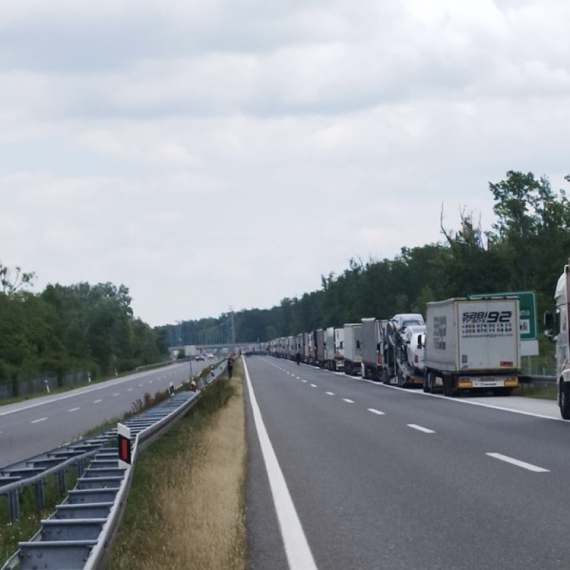
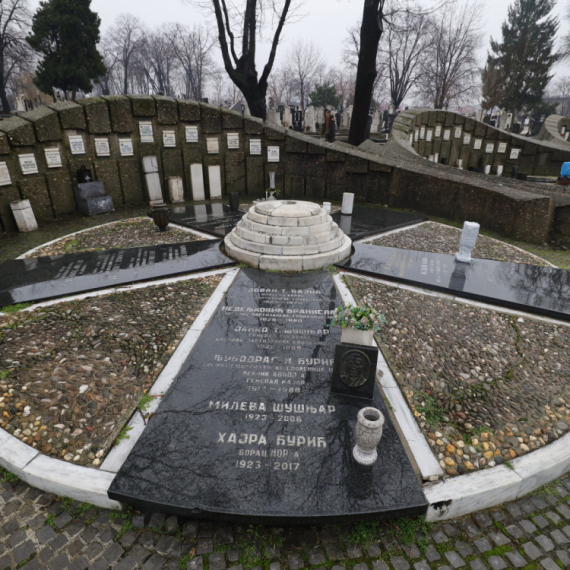
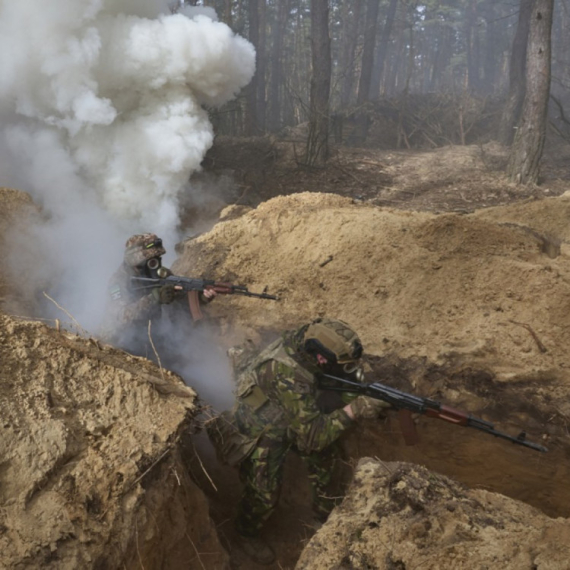

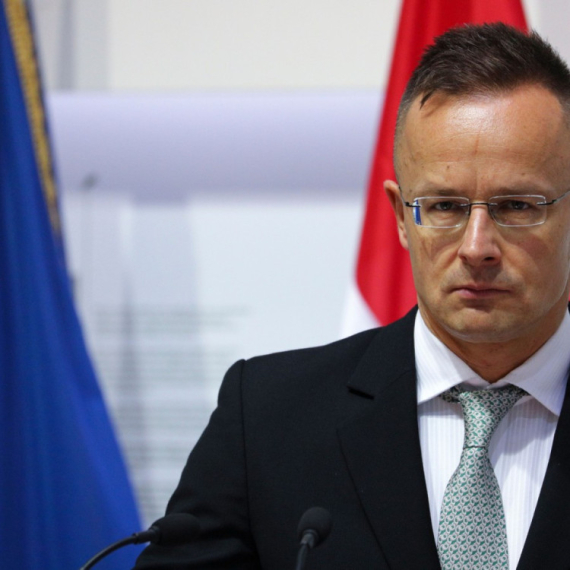




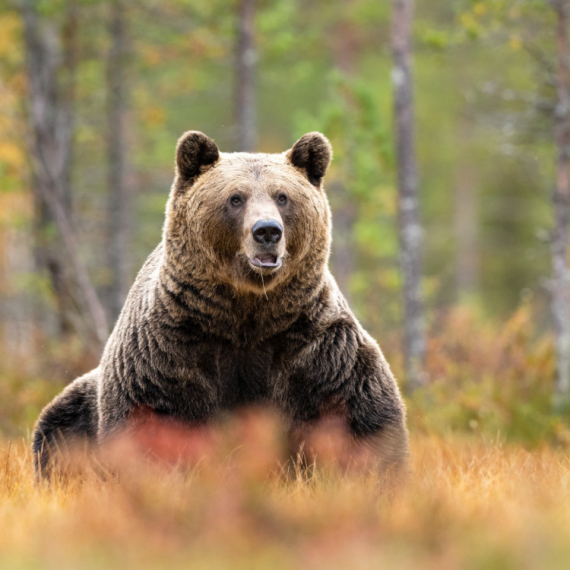
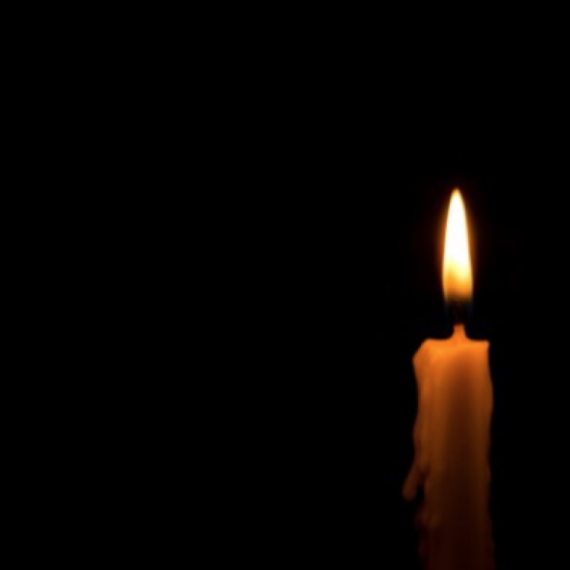






Komentari 11
Pogledaj komentare